Most "necessary evils" are far more evil than necessary
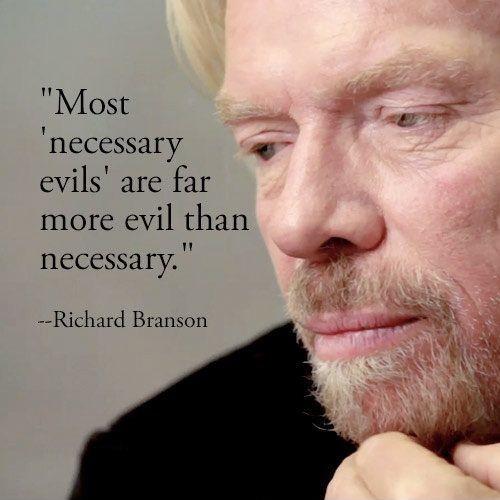
Most "necessary evils" are far more evil than necessary
Richard Branson, the billionaire entrepreneur and founder of the Virgin Group, is often seen as a controversial figure in the business world. While he is known for his innovative ideas and bold business ventures, some critics argue that many of his actions can be classified as "necessary evils" that are far more evil than necessary.One of the most prominent examples of this is Branson's approach to environmental issues. While he has made some efforts to promote sustainability and reduce carbon emissions through initiatives like the Carbon War Room and the Virgin Earth Challenge, critics argue that his overall impact on the environment has been negative. Branson's ventures in the airline industry, for example, have been criticized for contributing to greenhouse gas emissions and climate change. His space tourism company, Virgin Galactic, has also faced backlash for its environmental impact and potential risks to the planet.
Another area where Branson's actions have been seen as more evil than necessary is in his treatment of employees. While he has been praised for his employee-friendly policies and emphasis on work-life balance, there have been numerous reports of poor working conditions and low wages at some of his companies. Critics argue that Branson's focus on profit and growth has come at the expense of his employees' well-being, leading to high turnover rates and low morale.
Furthermore, Branson's business practices have been criticized for their impact on local communities and economies. His aggressive expansion strategies and aggressive marketing tactics have been accused of driving smaller competitors out of business and creating monopolies in certain industries. This has led to concerns about the concentration of wealth and power in the hands of a few mega-corporations, including those owned by Branson.
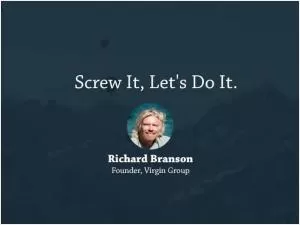





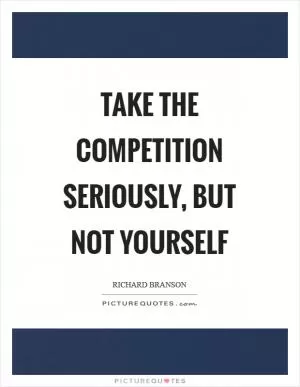
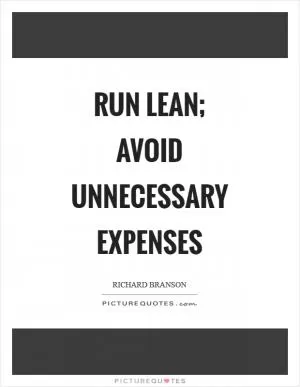
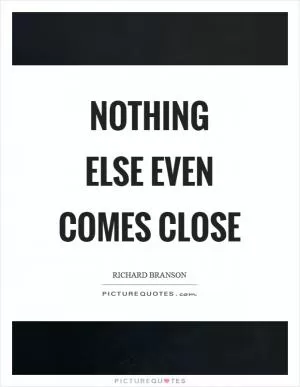



 Friendship Quotes
Friendship Quotes Love Quotes
Love Quotes Life Quotes
Life Quotes Funny Quotes
Funny Quotes Motivational Quotes
Motivational Quotes Inspirational Quotes
Inspirational Quotes